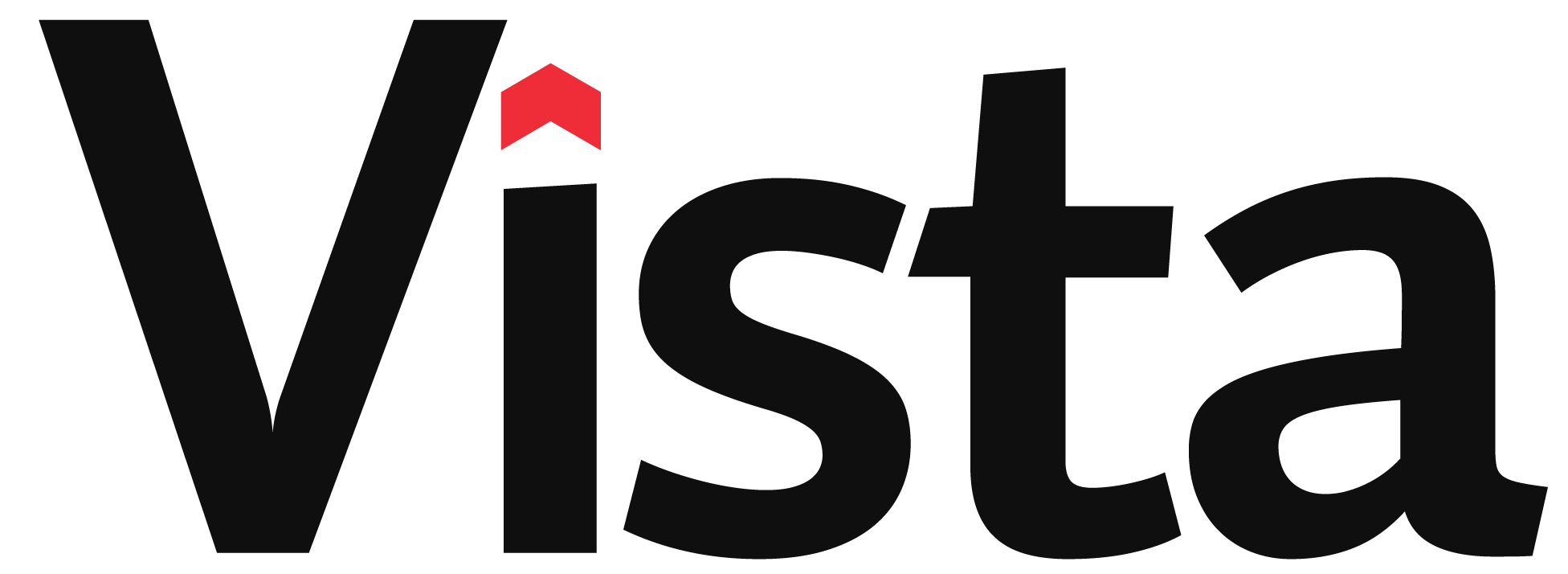The Impossible Is Possible
1.5 minute read
The food industry has seen a major transformation in the past few years with the rise of meatless alternatives. You can probably name the two companies that are the driving force behind the trend—the Impossible Burger and Beyond Burger. These plant-based patties are being devoured for their uncanny ability to act and taste like beef. They can even “bleed” like real meat!
Impossible Foods, which produces the Impossible Burger (no surprise there), is valued at $2 billion and names investors such as Bill Gates and Google Ventures. This year the Impossible Burger has made its way to restaurants, including those of fast food variety like Burger King and White Castle.
Beyond Meat, a public company, has a market capitalization of $13.85 billion. That’s right, almost $14 billion, with a capital “B”. Investors include Kleiner Perkins, Bill Gates, and Tyson Foods. You can find the Beyond burger, Beyond Sausage, and Beyond beef at the grocery store as well as Subway, Del Taco, and KFC.
These new food options are even sparking social movements around plant-based food. Here in Atlanta, it’s tongue-in-cheek Slutty Vegan’s mission “to provide quality vegan meals to communities that would have otherwise never had these options.” Their menu consists of mostly Impossible Burgers and Beyond Meat products, which they serve from their roaming food truck and single permanent location in West End. One measure of their phenomenal rise in popularity can be measured in Instagram followers – rocketing from 5,000 to over 250,000 in one month.
Slutty Vegan Founder, Pinky Cole
As the popularity of the meatless patties have risen, the closer the health community has looked at them under the microscope. They are, after all, products of the lab. Most have concluded that the high sodium content, saturated fat, and highly processed nature may offset any health benefit that may have come from the extra serving of veggies & legumes.
Rather than being the “healthy” alternative to meat, maybe the faux burgers are a stepping stone in training our diets to contain less meat and more veggies. And helping to reduce the negative environmental impact of today’s cattle farming. It seems that the main market for meatless alternatives are not vegetarians or vegans, but carnivores that are trying to reduce their meat intake, without compromising taste or texture. And at billion dollar valuations, the market is large and hungry.
At Vista, we’ve tried the Impossible Burger and are amazed that we can’t tell the difference between it and a traditional beef patty. Have you tried one? What do you think??






